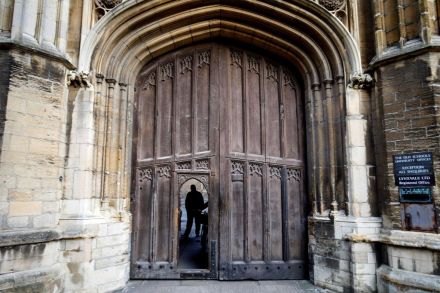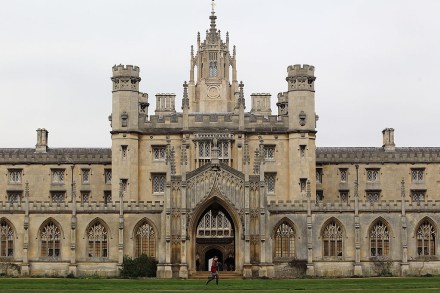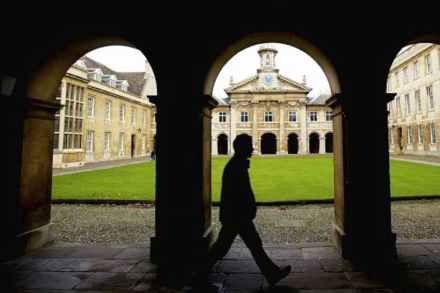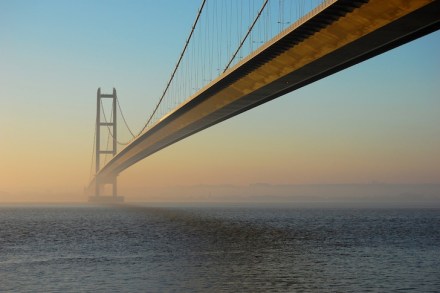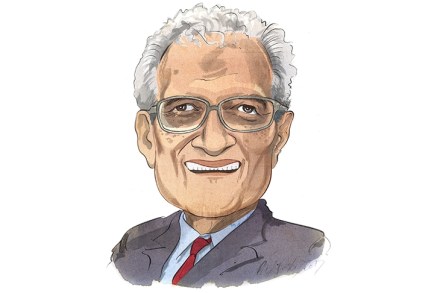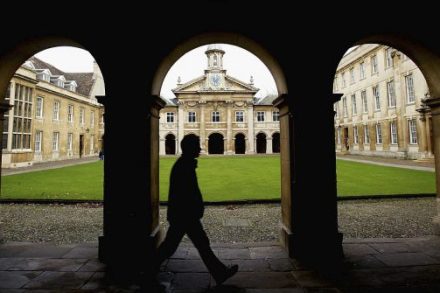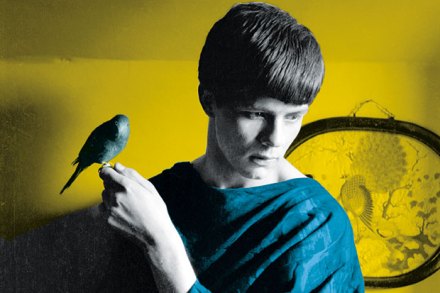How Noah Carl is fighting back against Cambridge
Dr Noah Carl, the young conservative academic who was fired from his Cambridge college after being targeted by a left-wing outrage mob, has decided to fight back. He is launching a campaign to crowdfund a legal action against St Edmund’s College, not just to restore his own reputation but to protect the rights of other scholars who find themselves being persecuted for challenging the prevailing orthodoxy. ‘This isn’t about whether you agree with my research or my political views,’ he says. ‘This is about protecting freedom of speech, and standing up to the activists who are trying to control our universities. Hardly a week goes by without another case of


